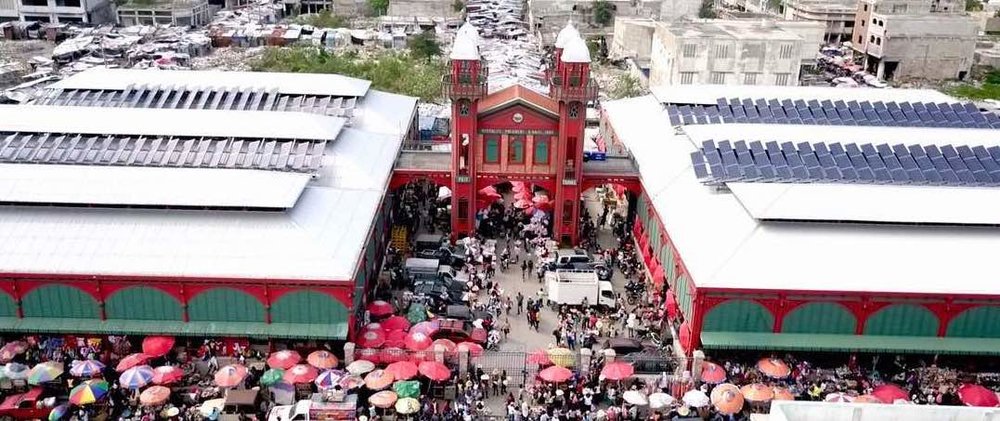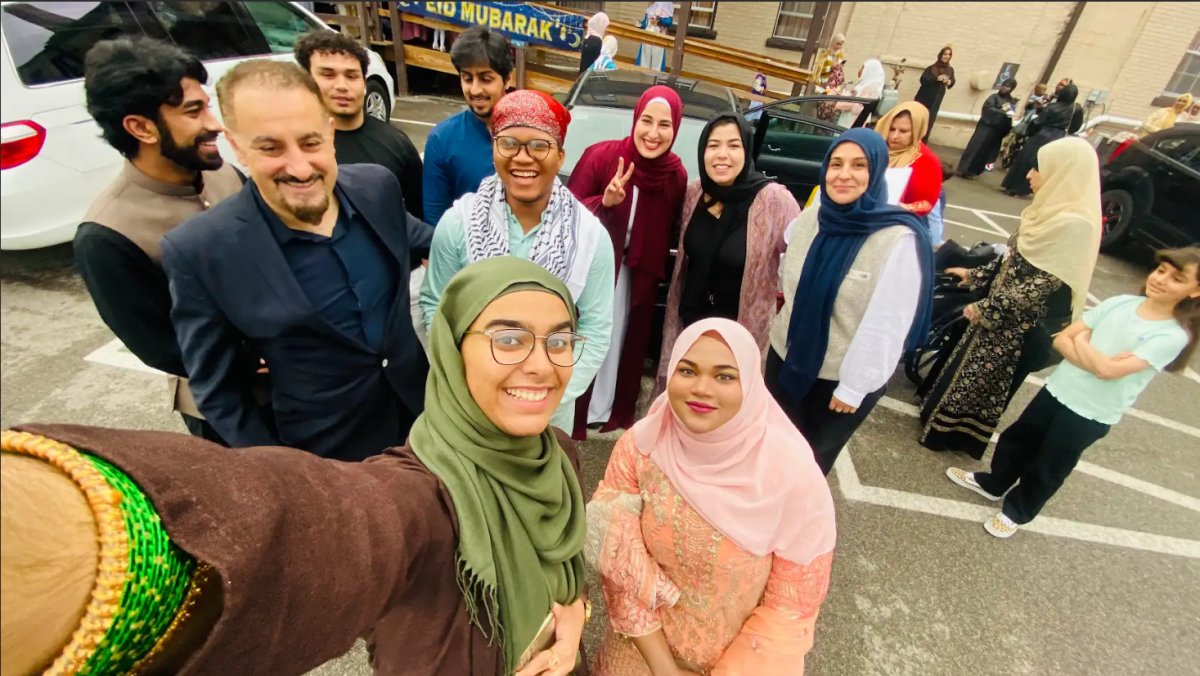On Sept. 8, a 6.8 magnitude earthquake struck Morocco in the High Atlas Mountains. Then on Sept. 11, two dams collapsed in the coastal city of Derna, Libya after severe rain storms leading to massive flooding.
“The scale of what is needed for reconstruction is pretty mind-boggling,” Shanna Kirschner, associate professor of Political Science. “In Morocco, entire towns have collapsed and in Libya, a decent chunk of the country has been swept away.”
The disasters have caused extensive damage and getting to people quickly in case they have been crushed under fallen structures or swept away in a wave requires plenty of hands and resources immediately for the best outcome.
“In Morocco, the challenge has been made harder by the fact that some of the areas that have been really hard hit are way out in the mountains and hard to reach,” Kirschner said. “In Libya, they’ve been in the middle of a civil war for over a decade. The infrastructure was already damaged, not kept up, and you have these factions that often see this situation as a way to consolidate their power and that makes the delivery of aid difficult.”
For Morocco, the High Atlas mountain range is home to many remote villages inhabited mostly by the Amazigh — often called “Berbers” — groups of people indigenous to North Africa. For the case of a natural disaster, being situated in remote areas means getting aid delivered can be quite difficult in regards to accessing the damaged areas, according to Al Jazeera.
Another factor is that the Moroccan government is not quick to accept offers of aid from other countries. So far, they have accepted aid from the United Kingdom, Qatar, Spain, and the United Arab Emirates and have not accepted or outright rejected offers from other countries such as France and Germany. France’s foreign minister Catherine Colonna has stated on French TV that France is waiting on approval from the Moroccan Government in accepting their help and Paris has pledged $5.4 million for “non-governmental organizations operating in Morocco” according to Reuters. In response to accusations that the Moroccan government of is not accepting aid based off geopolitics — especially considering what could be described as a rocky relationship with France in recent years — the government does not want to accept offers all at once and potentially create more chaos according to Interior Minister Ladchen Haddad in an interview with AP News. He went on to say they will soon have an opportunity to help, just not this moment.
For many experts analyzing the situation from the outside, they can only infer as to why the Moroccan government is not quick in allowing other countries to dispatch their search-and-rescue teams. An anonymous expert on disaster response told DW that, “where a government would rather not collaborate with aid organizations and would rather leave their people in misery. In some cases there is also a reticence to request assistance because there is a belief that would make the state look weak.”
As for Libya, Mediterranean cyclone Daniel caused severe rainfall that broke through two dams in the Wadi Derna Valley — Abu Mansour and Derna — and flooded the coastal city of Derna on Sept. 11, resulting in at least 11,300 deaths and 10,100 missing people according to CNN. But, the disaster was not necessarily natural, a lot of the fault goes towards the lack of maintenance of the dams as a result of the ongoing civil war between the east, led by the Libyan General Army, and the west, led by the Government of National Unity.
Prior to the civil war, there was a government inspection team that in 1998, found cracks and fissures in the dams. Repairs didn’t start until 2010, and it was short-lived because of the start of the civil war in 2011, according to WSJ.
In 2022, hydrologist Abdelwanees Ashoor at Omar Al-Mukhtar University published a paper warning that the dams were very vulnerable to heavy rainfall, according to NBC News. This warning did not incite authorities to start repairs on the dams. In days leading up to the disaster, Derna’s mayor, Abdel-Moneim al-Ghaithi, said that areas around the dams should be evacuated — which contradicted the action taken by an emergency committee formed by the eastern Libyan General Army. Instead, the eastern government “imposed” a curfew that would have lasted through the morning of Sept. 11, according to NBC News.
For the North African countries of Morocco and Libya, the effects of their natural disasters were made worse by their lack of strong infrastructure. The road to recovery will be a slow one that will need the accountability of the government’s negligence in caring about their citizens.
Twin disasters strike Morocco and Libya this month
A rocky start to recovery
Story continues below advertisement





